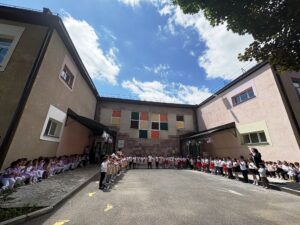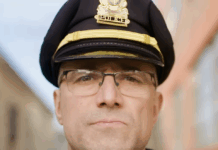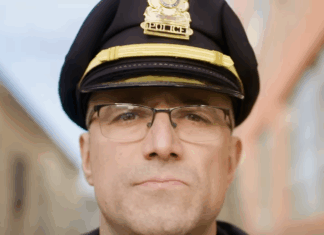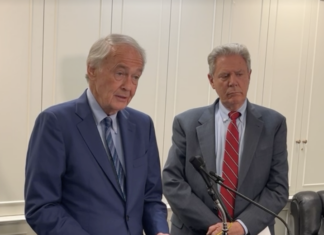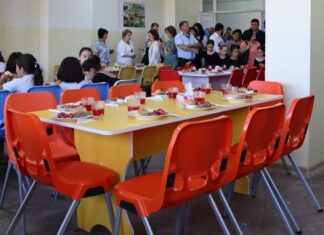By Thomas C . Nash
Special to the Mirror-Spectator
BOSTON — The Armenian-American community gathered at the Massachusetts Statehouse on April 15 to commemorate the lives lost — and those that thrived — in the wake of the first genocide of the 20th century.
The ceremony, headed for the first time by Watertown state Rep. Jonathan Hecht, focused on the lives built after the events of 1915 in a new country.
The diaspora “rose from the ashes of genocide in a remarkable testament to the spirit of the Armenian people,” Hecht noted.
Hecht stressed the importance of meeting in the Statehouse, in the House of Representatives, as a chance to show a new generation the importance of remembering what occurred.
“It is through educating future generations that we maintain the truth of the Armenian Genocide,” Hecht added.
